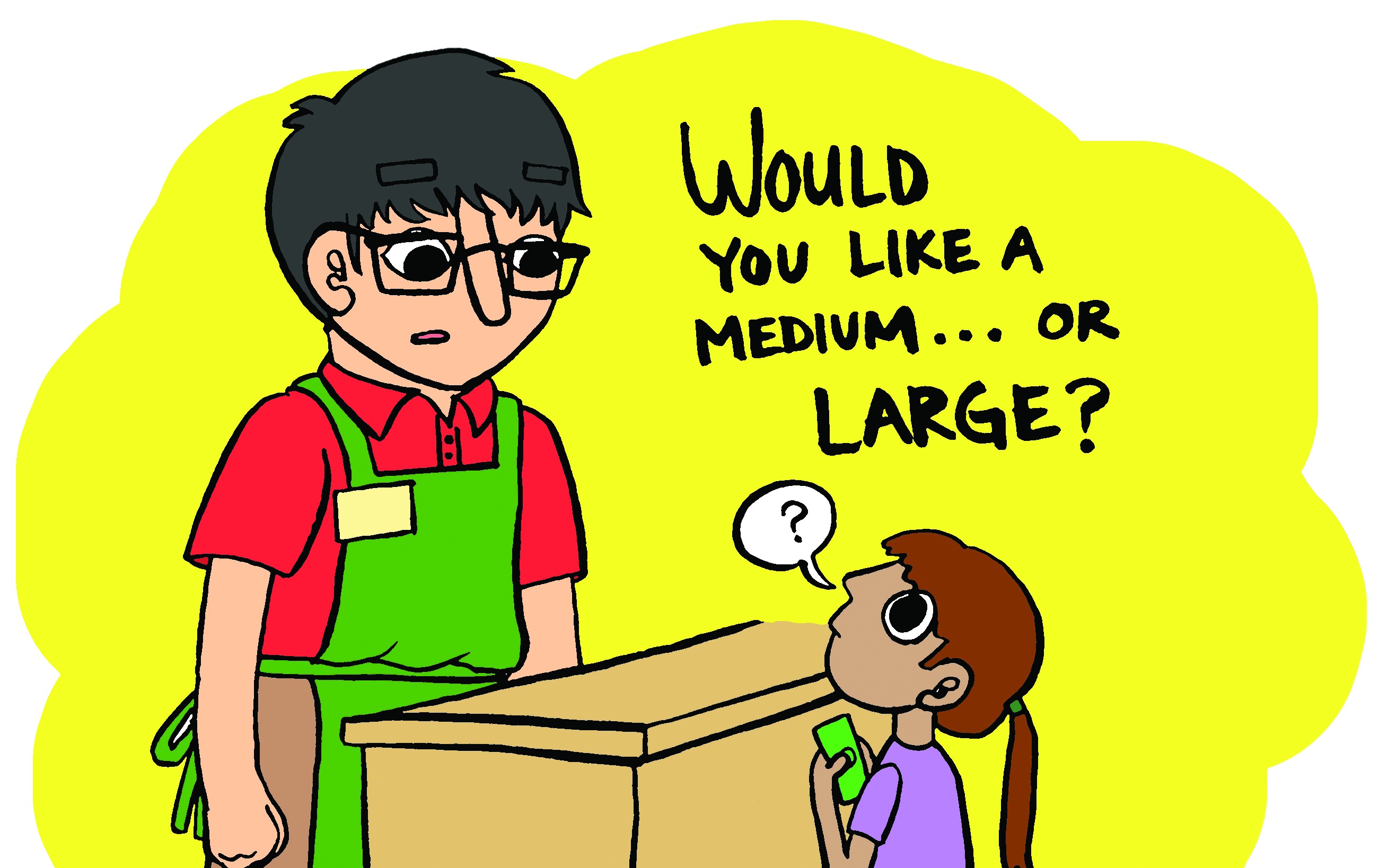Tuition, Parking, and Diversity at ASUWT Elections Debate
ASUWT elections end Friday on May 3rd. A polite and informational debate was held last Tuesday for Executive Board candidates: hopeful ASUWT presidents and vice presidents spoke about their intended goals and issues to focus on, were they to be elected.
Important issues were raised including disability resources, parking, and tuition for international students. Each candidate, three presidential and one vice-president discussed why they decided to run and how they believe themselves to be fit for the job.
Alex Yuly, a Computer Science major, spoke about his compassion working with students, saying his time with ASUWT this year has been “such a great experience, participating and helping out with events. As much as I’ve loved it, I see there’s room for improvement.” He also mentioned key issues he would focus on as president, including a proposed surcharge for international students. “I would very very much oppose [the charge] because international students contribute so much to this campus…they already incur a ton of additional expenses in coming here.”
Yuly explained UW Seattle’s undergraduate diversity requirement, which he would be in favor of as president, which mandating that students take some form of multicultural class or participate in a community event. Yuly also said that “ensuring that all of campus is fully accessible to everyone” would be a big priority for him, and that “as president, I would complete a walk around tour on campus” to point out problem areas. He said that as president, he would work to restructure ASUWT’s organization to better implement ideas and to further benefit students, keeping the culture of UW Tacoma in mind. “Diversity is particularly important to UWT in terms of how diverse it is in the needs of its students. [There are many] different types of people here for different reasons.” He said that currently, ASUWT is “too focused on people who spend more time on campus” and that it’s “really important for me to make an extra effort to reach out to people who maybe can’t participate even in person.”
Computer Science major Peter Pentescu is also running for ASUWT president, and expressed a similar concern for disability access everywhere on campus, including a plan he would be “proud to lead” to reform the current disability requirement at UW Tacoma. He further explained that in order for the campus to recognize a disability, students need to go to outside doctors and spend sometimes thousands of dollars in order to be accommodated at school. In terms of his goals in office, he said that the “fundamental purpose for ASUWT is a place for students to bring their problems and have it represented at higher levels.” He spoke about how he would address the student body: “I feel like the most important element is engaging ourselves and being responsive to the community, so I try to embody that in ASUWT.” Pentescu said he would work to overlap the many committees of ASUWT to better serve students, saying, “I feel that tuition and similar stuff is a concern for every student on campus and its being civically responsible to take those concerns up to Olympia to bring lawmakers here to advocate for students on that level.”
Presidential candidate Jacob Merton, a double major in computer engineering systems and computer science, said that hearing from the Tobacco Free Alliance made him “think about the needs that people have” but didn’t state any specifics about issues he would address as president. Having been involved in clubs and two committees at community college, he said he has some experience necessary for the role of president.
Scott Campbell, running for vice president said that the “inclusion of students and their involvement with ASUWT” is something he would work on to create an environment where students can “come to us with any problem that they have. Being not just a leader but a mentor or friend at hand is really important.” Having spent most of his high school years in student government, he said that he “loves the experience of being able to help people and put things together,” and that representing students takes on a responsible “higher calling.” For Campbell, the “ultimate payback is the reactions on people’s faces at events and being able to give back to the school.”

